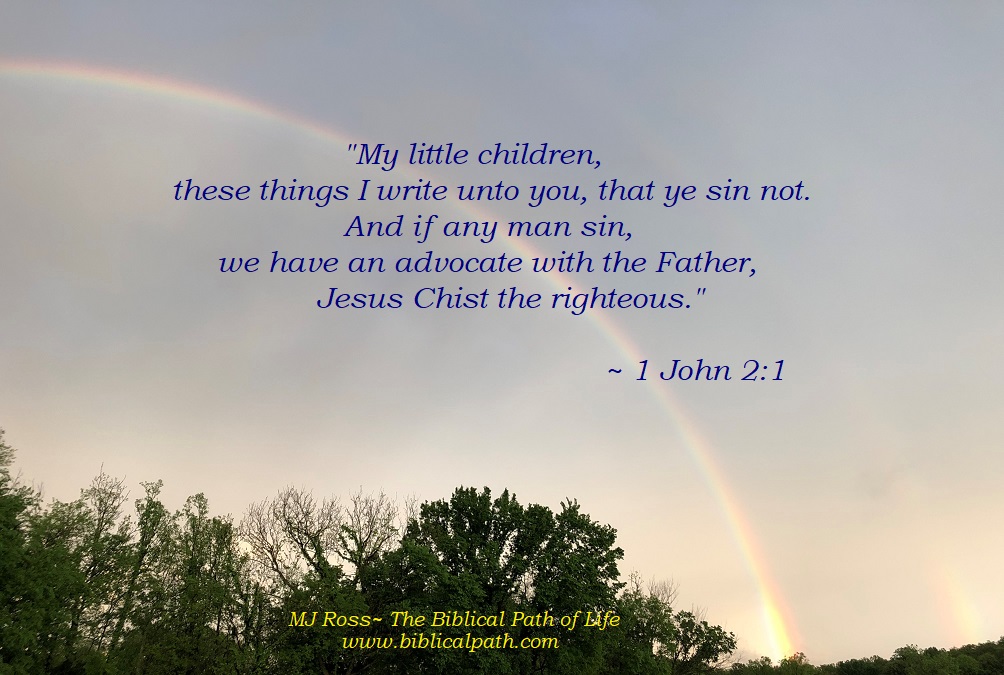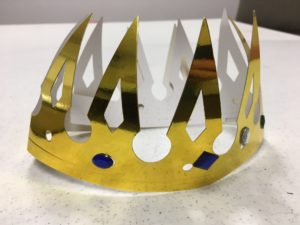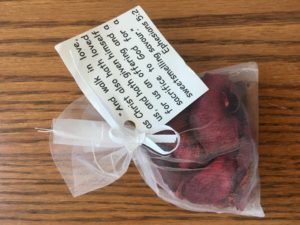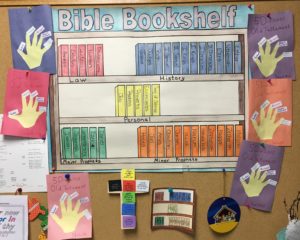
Psalm 1:2
We are taught that obeying laws is important and that there are penalties to be paid if we break them. Consider the importance of laws. We are to understand that God has laws. His laws are significant, and obedience is very important to God as we can see throughout His Word, and most notably in the Old Testament. Often we recognize God’s discipline on those who break His laws.
The first five books in the Old Testament are referred to as “The Law.” Within these books we find the first 2,500 years of history recorded by Moses. The first book, Genesis, begins with the creation, records the ruin of man through sin, but it also reveals the sovereignty of God. The word sovereignty means “supreme in power; possessing supreme dominion; as a sovereign ruler of the universe.” We understand that God is the sovereign God of all who love and obey Him.
One easy way to remember Genesis and the events within is to
recognize:
Four main events take place:
- The Creation
- The Fall
- The Flood
- The Tower of Babel
Genesis deals mainly with Four People:
- Abraham
- Isaac
- Jacob
- Joseph
After about four hundred years, God’s people grew into a nation numbering around two to three million people in Egypt. This is where Exodus (which means “the way out” or “outgoing”) begins. At the culmination of the ten plagues, we see the mighty deliverance of God’s people from a land of bondage. Shortly after this they meet at the foot of Mount Sinai. It was at Mount Sinai that the Law was given (beginning with the Ten Commandments; Exodus 19-20). The Israelites were taught that obedience to God is necessary. They could not be a redeemed, set-apart people unless they obeyed God’s command.
In Leviticus, God spoke to Moses from the tabernacle instead of Mount Sinai. The people needed to know how to live. God instituted the offerings, the priesthood, a clean lifestyle, and the different feasts. These things were teach the people how to live as a people wholly given to God in every aspect of their lives. Leviticus shows the ability to have fellowship with God when we come to Him as a sanctified people (because He is holy, and we are a sinful people). Leviticus ends with the blessings of obedience and the penalties for disobedience. Only about a month’s time passes during Leviticus.
The name Numbers comes from a numbering of the people at the beginning of the book and then again at the end. There were two groups of people, an old generation and a new generation. When the twelve spies were sent into the land promised to Abraham, only Joshua and Caleb brought back report that God would allow them to conquer the land. When the Israelites disobeyed God’s command to cross over into the Promised Land, they were disciplined. The old generation would die and not enter because they refused to obey God. Only Joshua and Caleb escaped God’s discipline (wandering in the wilderness for forty years). Fewer than forty years elapse during Numbers where we see God guiding, providing, and protecting His people.
Deuteronomy begins by looking back to what God had done for His people and then looking forward. The entire book shows the faithfulness of God revealing that God loves His people. Moses warned the people to not forget the words of God’s Law, revealing the blessings for following God’s Law and the curse of God if they failed to obey. Joshua is appointed the new leader of the new generation, and Moses dies.
After remembering the books of “The Law,” see that they help us understand God and what He expects from His people. We also learn that it is quite impossible to obey every law that God has given us. In the New Testament we gain some insight as to why it is important to know “The Law” of the Old Testament. “24. Wherefore the law was our schoolmaster to bring us unto Christ, that we might be justified by faith. 25. But after that faith is come, we are no longer under a schoolmaster. 26. For ye are all the children of God by faith in Christ Jesus” (Galatians 3:24-26).
Have you understood “The Law” is a schoolmaster to show the need for Jesus?
Originally posted at Lighthouse Gospel Beacon




